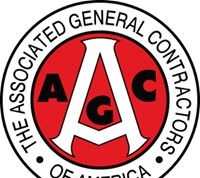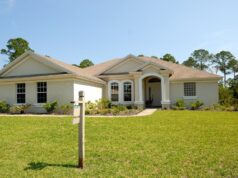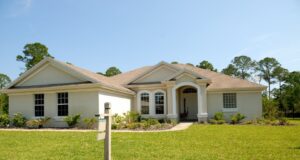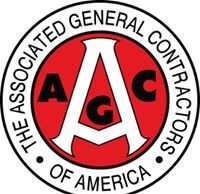Disaster Survivors Urged to Register with FEMA Even if They Have Insurance
JACKSON, Miss. – May 22, 2014 – (RealEstateRama) — FEMA does not duplicate benefits that homeowner or renter insurance covers, but it may be able to provide disaster assistance when insurance coverage is not enough to cover the damage. The only way to obtain that potential benefit is to register now for FEMA’s Individual Assistance program.
The FEMA registration period is open until June 30 for the current disaster declaration covering 12 Mississippi counties for severe storms, tornados and flood damage between April 28 and May 3. Insured FEMA applicants may initially be ineligible for assistance to repair disaster damage if they have not yet submitted insurance settlement documentation to FEMA. But the eligibility can be reconsidered once an applicant has settled their claim with their insurer and documentation has been submitted to FEMA. If insurance is not enough to cover repairs to make the dwelling safe, sanitary and functional, FEMA may be able to provide an Individual Assistance grant to help the household complete those repairs.
FEMA can reconsider an application for up to a year after the disaster period, but only if the applicant has registered by the June 30 deadline. Once registration closes, it is too late to seek FEMA assistance, even if insurance benefits later prove insufficient.
Disaster survivors in Itawamba, Jones, Leake, Lee, Lowndes, Madison, Montgomery, Rankin, Simpson, Warren, Wayne and Winston counties may be eligible for FEMA’s Individual Assistance program.
Individuals and households in those counties can register for FEMA Individual Assistance online at DisasterAssistance.gov, via smartphone or tablet at m.FEMA.gov or by calling the FEMA helpline at 800-621-FEMA (3362). People who are deaf, hard of hearing or have a speech disability and use a TTY should call 800-462-7585. Lines are open 7 a.m. to 10 p.m. (central time) and assistance is available in multiple languages.
Survivors who register with FEMA and are referred to SBA will be contacted by SBA with options on how to apply for a low-interest loan. After being contacted by SBA, survivors should complete and submit an application even if they do not plan to accept a loan. It is part of the FEMA grant process and can pave the way for additional disaster assistance.
Homeowners and renters who submit an SBA application and are declined a loan may be considered for certain other FEMA grants and programs that could include assistance for disaster-related car repairs, clothing, household items and other expenses.
For additional information about SBA low-interest disaster loans, contact the SBA Disaster Assistance Customer Service Center by calling 800-659-2955 or TTY 800-877-8339, emailing or visiting sba.gov/disaster. SBA customer service representatives are available at ALL disaster recovery centers. Disaster recovery center locations can be found online at FEMA.gov/DRCLocator.
For more information on Mississippi disaster recovery, go to fema.gov/disaster/4175. Visit the MEMA site at msema.org or on Facebook at facebook.com/msemaorg.
FEMA’s mission is to support our citizens and first responders to ensure that as a nation we work together to build, sustain, and improve our capability to prepare for, protect against, respond to, recover from, and mitigate all hazards.
Disaster recovery assistance is available without regard to race, color, religion, nationality, sex, age, disability, English proficiency or economic status. If you or someone you know has been discriminated against, call FEMA toll-free at 800-621-FEMA (3362). If you have a speech disability or hearing loss and use a TTY, call 800-462-7585 directly; if you use 711 or Video Relay Service (VRS), call 800-621-3362.
FEMA’s temporary housing assistance and grants for public transportation expenses, medical and dental expenses, and funeral and burial expenses do not require individuals to apply for an SBA loan. However, applicants who receive SBA loan applications must submit them to SBA loan officers to be eligible for assistance that covers personal property, vehicle repair or replacement, and moving and storage expenses.
















